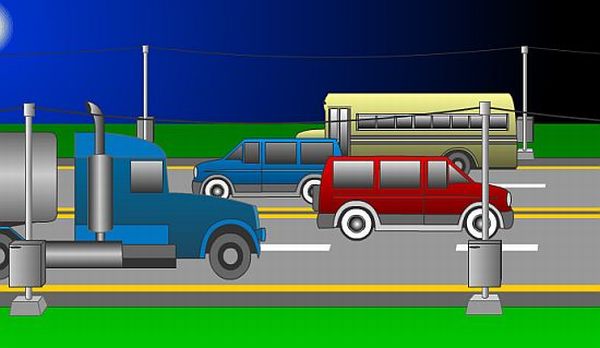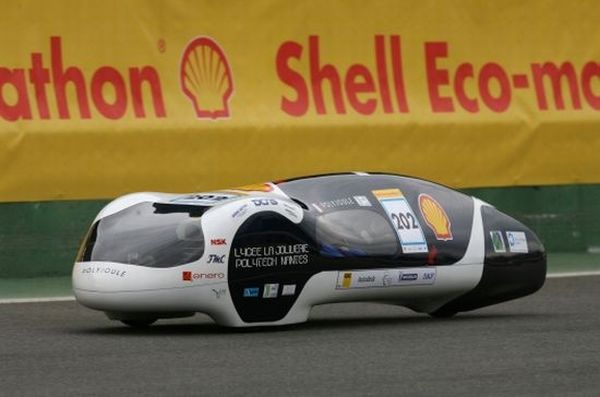As most of our non-renewable energy sources are depleting, we are looking towards alternatives. At present, many alternative sources are being used and one of them that drew attention was hydrogen. The technology for production of vehicles which run on hydrogen and the fuel that runs these vehicles has been developed long time ago but experts believe that its commercial mainstream use will take another ten to twenty years to start.
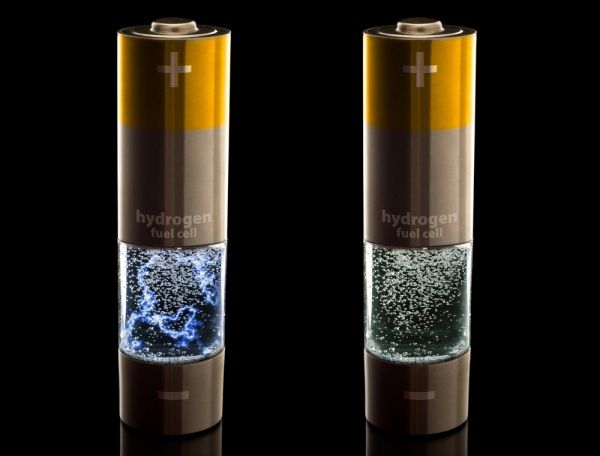 The reason behind such delay is not the inexperience of manufacturers in development of hydrogen fuel cells or cars, which will run of such fuel, but there are some other issues and in the following sections, we will look at them.
The reason behind such delay is not the inexperience of manufacturers in development of hydrogen fuel cells or cars, which will run of such fuel, but there are some other issues and in the following sections, we will look at them.
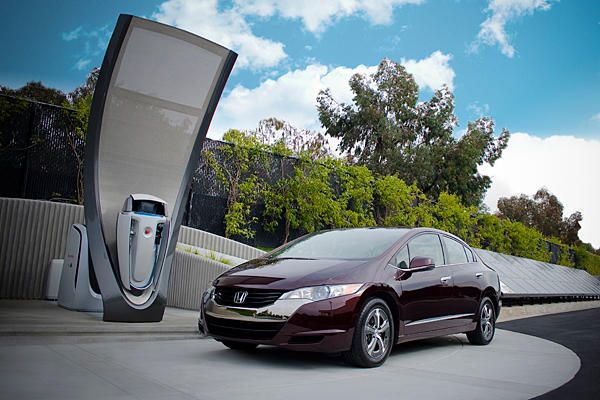 Hydrogen fuel cell vehicle
Hydrogen fuel cell vehicle
It will be interesting for you to know that by 1960, GE was able to build a vehicle in the US, which ran on hydrogen fuel cells. In addition to it, NASA also used these at that time but despite of such early development, it never became a commercial reality, but why?
 Risk of using hydrogen fuel cells
Risk of using hydrogen fuel cells
The reason for such commercial disinterest is that hydrogen is very volatile substance and is dangerous for consumers as well as for others during the time it is produced, transported or stored. As for example, tanker carrying pressurized hydrogen is very close to being a time bomb waiting to explode. If any damage occurs to vehicle containing hydrogen, it can cause very powerful explosion even if the tank is as small as the ones fitted in any car or any other transportation vehicle.
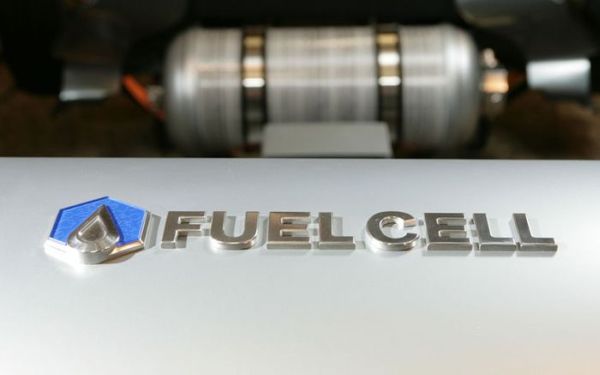 Additionally production of hydrogen by using electricity also has issues. Hydrogen production is energy demanding task and there is energy loss during all stages of production process right from the time when conversion takes place from electrical to chemical energy for formation of hydrogen molecules. If we assume that this electricity is generated using solar panels then it can be used for better purposes like charging batteries or delivering power to a grid instead of producing hydrogen.
Additionally production of hydrogen by using electricity also has issues. Hydrogen production is energy demanding task and there is energy loss during all stages of production process right from the time when conversion takes place from electrical to chemical energy for formation of hydrogen molecules. If we assume that this electricity is generated using solar panels then it can be used for better purposes like charging batteries or delivering power to a grid instead of producing hydrogen.
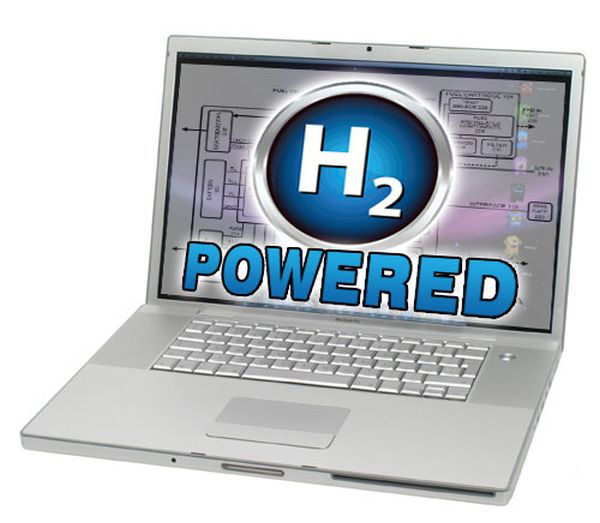 What alternative solutions we have?
What alternative solutions we have?
As an alternative to hydrogen fuel cells, ethanol or methanol can be used and electricity cost is much less for production of these fuels. Ethanol is much safer as compared to hydrogen and can be easily used with electrical systems that work on battery power.
Summary:
Hydrogen fuel cells do work as an option to run vehicles but at the same time are quite risky to use. Instead of hydrogen, ethanol is much safer and more investment should be done to make it a commercially viable option.



